Inspired by this ode to the written word and the art of correspondence, here’s why you should make a pledge this year: to write more letters to your loved ones
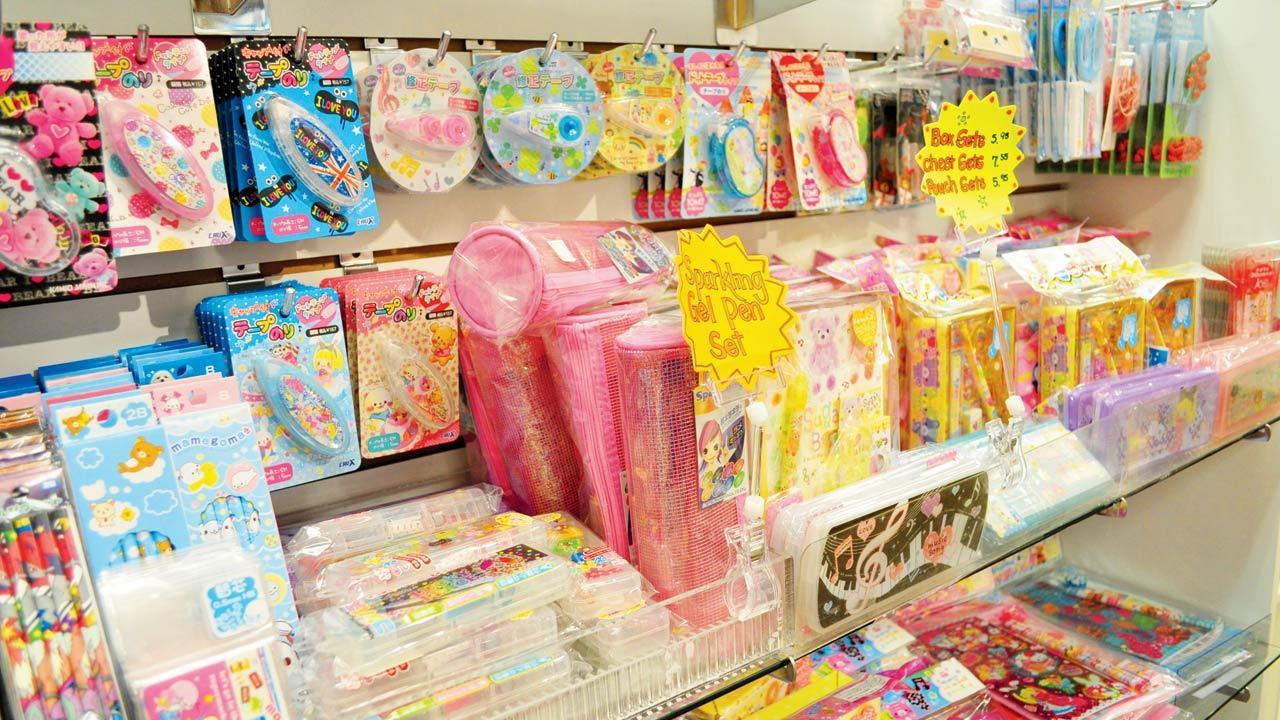
Stationery is an obsession among the Japanese, such stores are a common sight across Japanese towns and cities. Pic Courtesy/Wikimedia Commons
Cumulonimbus. We read this word after ages in a book. It means a dense vertical cloud that produces heavy rain and thunderstorms, and it is mentioned in one of the stories in a book we chose to cosy up during the last week of December. We had picked Letters from the Ginza Shihodo Stationery Shop (HarperCollins) for our love for stationery but fell in love with the lucid writing, leaving us longing for Japanese-inspired stationery and deep-set traditions.
ADVERTISEMENT
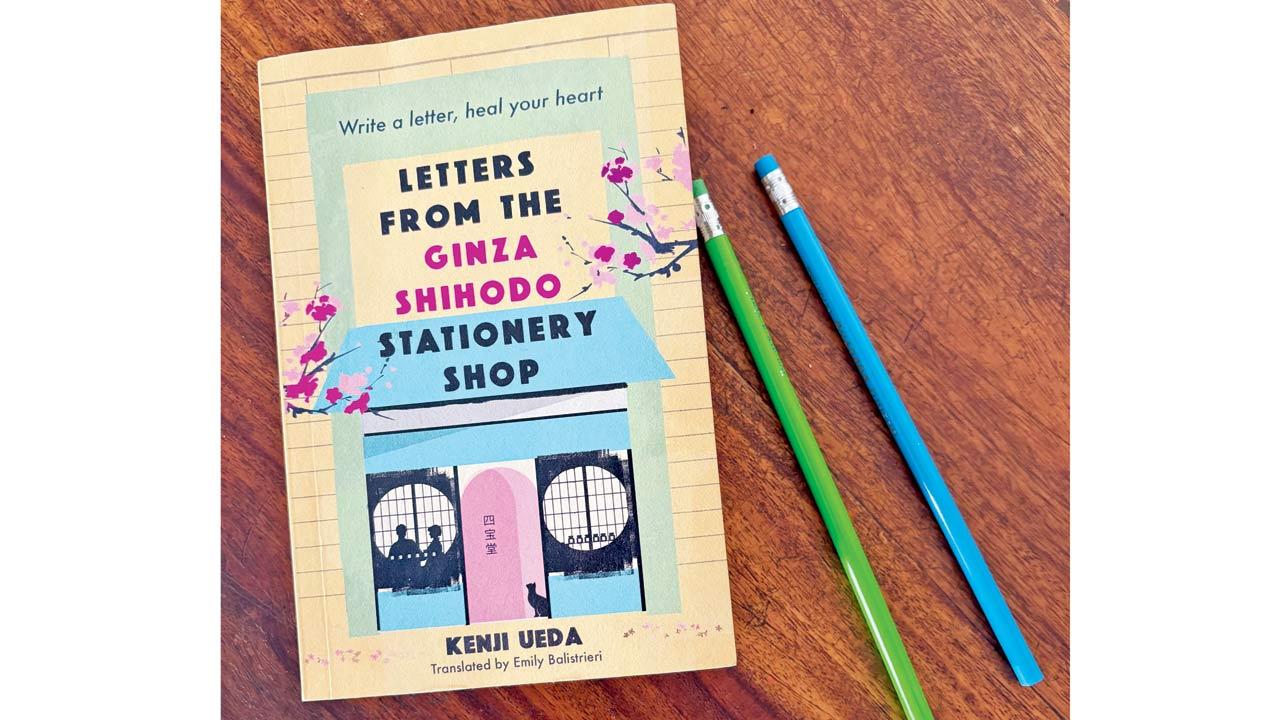
The book is divided into five stories about people who visit Shihodo, a stationary shop tucked in Ginza, a district in Tokyo known for its upscale shopping, dining, and entertainment. Its shop owner, Ken Takarada, has a unique gift for understanding what his customers need most — both from his store and in life. As the story unfolds, Takarada-san helps his patrons unlock repressed memories and secret longings by documenting them in the timeless art of the written word at a dedicated desk on the shop’s upper floor. Along the way, we also witness the unfolding of his own journey.
 Kenji Ueda
Kenji Ueda
Author Kenji Ueda is known for blending fantasy with everyday life’s charm, and that’s what he does in this story. In layers that slowly unfold, it explores the beauty of human connection and the quiet power of introspection—including familial, romantic, mentor/mentee — blended with emotions of love, loss, and rediscovery. We adored how delightful this book is — with its beautiful descriptions of stationery and the thought of Japanese tea and snacks that Takarada offers these customers, luring us to visit the quiet corners of Tokyo where tradition meets modernity.
At Leading bookstores and e-stores
Cost Rs399
Stationery buffs, look here!
In Japan, stationery is a way of life. Drawing inspiration from the book’s chapters, we’ve curated a list of brands to help you level up and live your best life in 2025
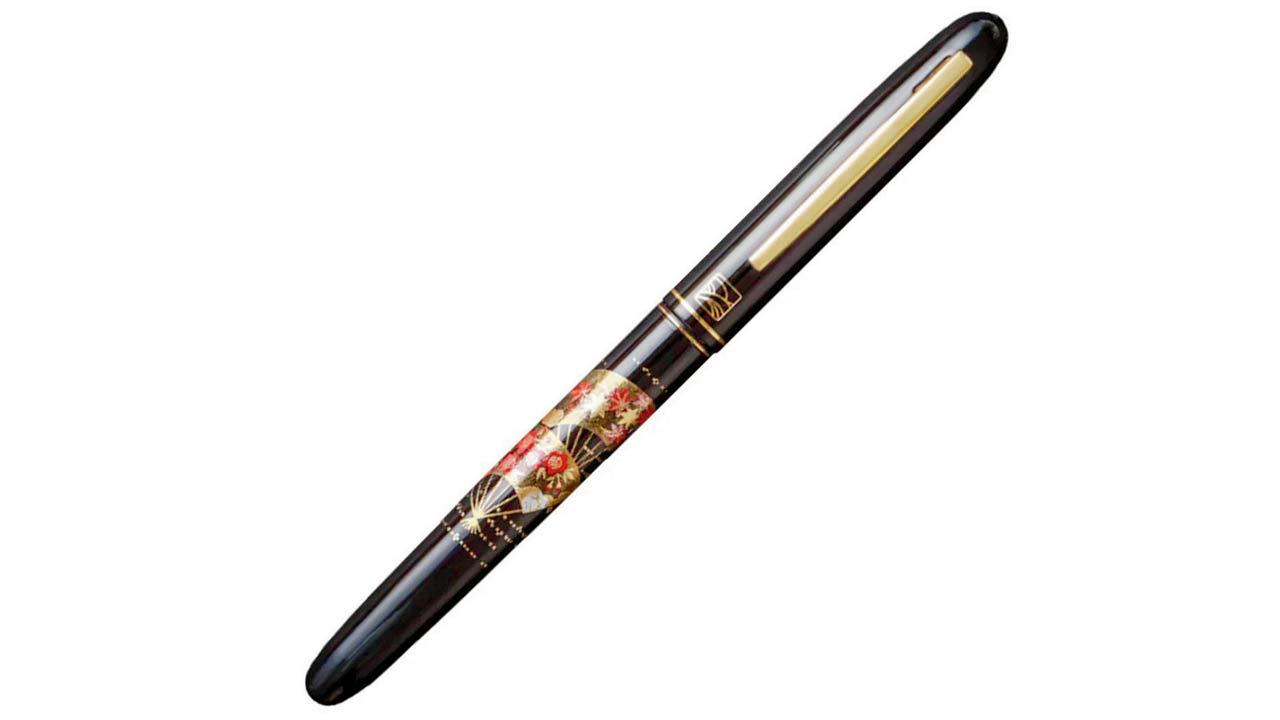
. Fountain Pens
Started by pen connoisseur Sripal Jain, Makoba has partnered with over 50 international brands, including Montblanc (mentioned in the book) and the famed Japanese brand, Namiki. From 14 and 18k gold nibs and different body and ink-filling systems — there’s a pen for all to write a new story.
Log on to www.makoba.com
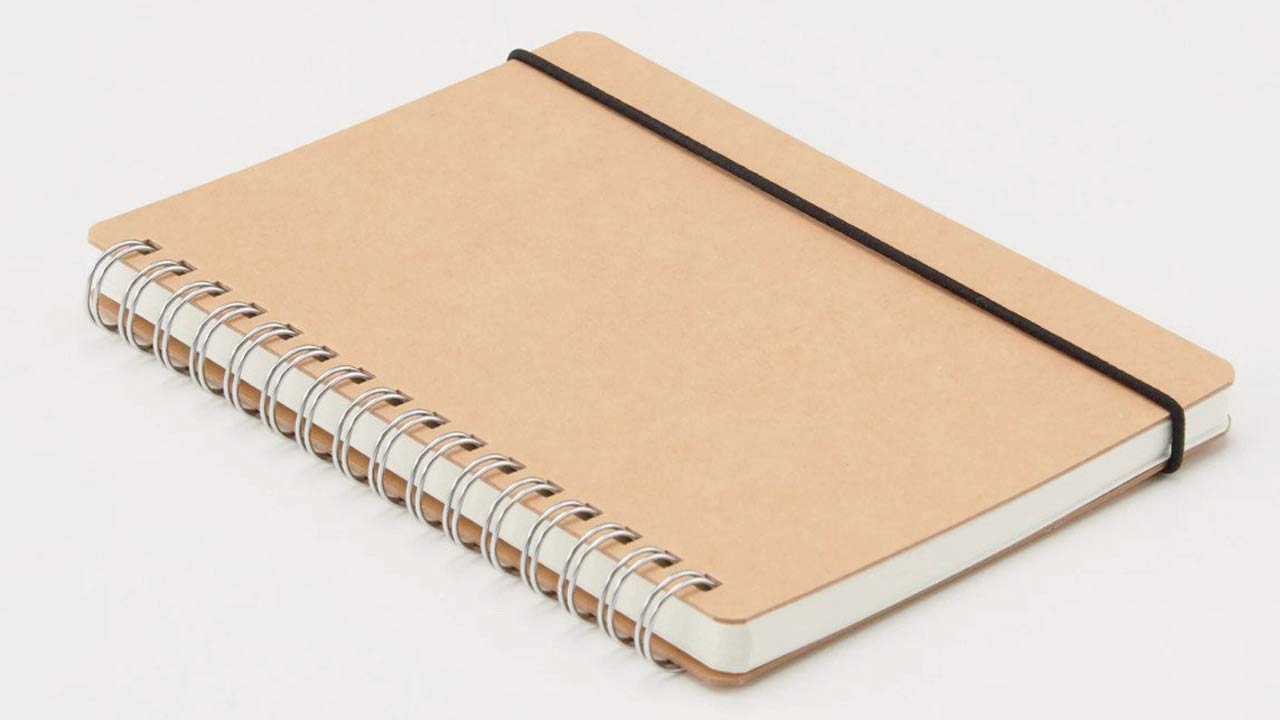
. Notebooks
You’ll be spoilt for choice here. From cute Hello Kitty notebooks to minimalist designs that Muji has a serious collection of great minimalist designs in pocket and A6 sizes, notebook covers, leaflets, and loose paper in case you need a refill — we are fans.
Log on to www.muji.in
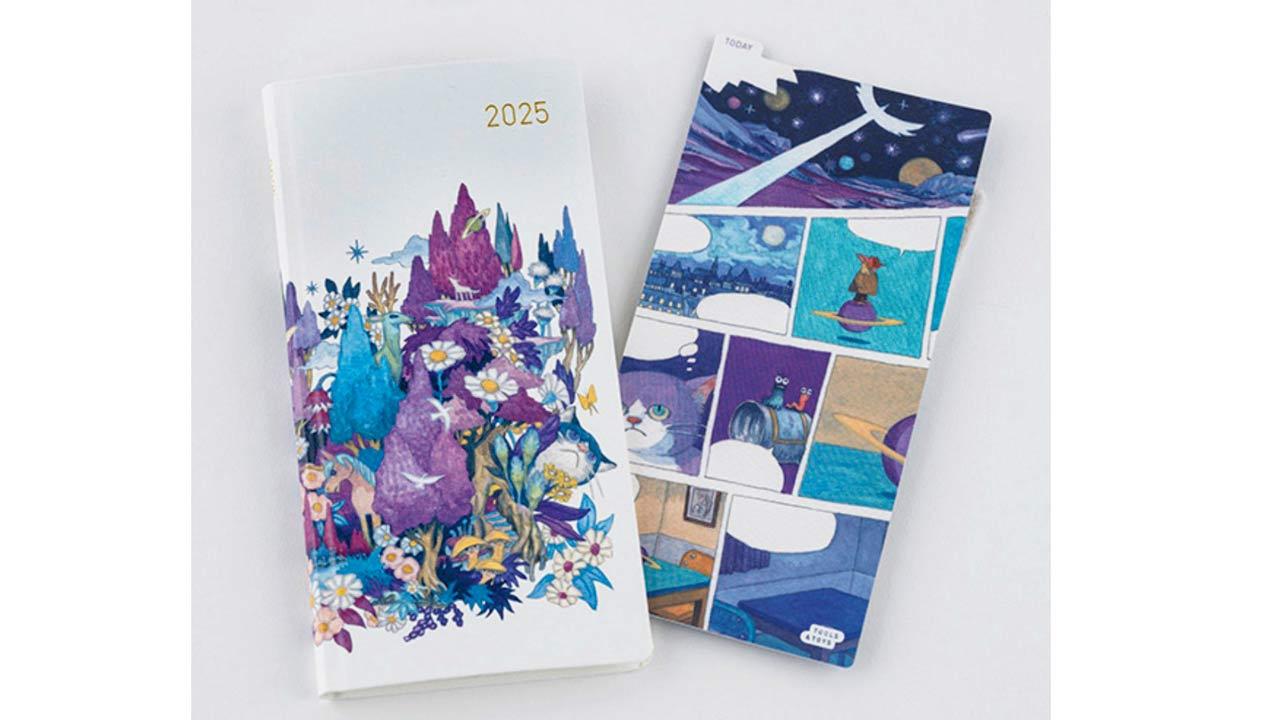
. Organisers
While we run to Satyam at Churchgate for our Filofax (mentioned in the book) for our planner needs, the Hobonichi Techo is a Japanese brand we love, too. Flexible enough to fit the lifestyle and tastes of its users, they have daily-page books, weekly books called the Weeks, undated notebooks with monthly calendars called Day Free, and 5-Year Techo, to name a few. Our current favourite is the Masamune Kusano x Junaida: Through the Purple Night.
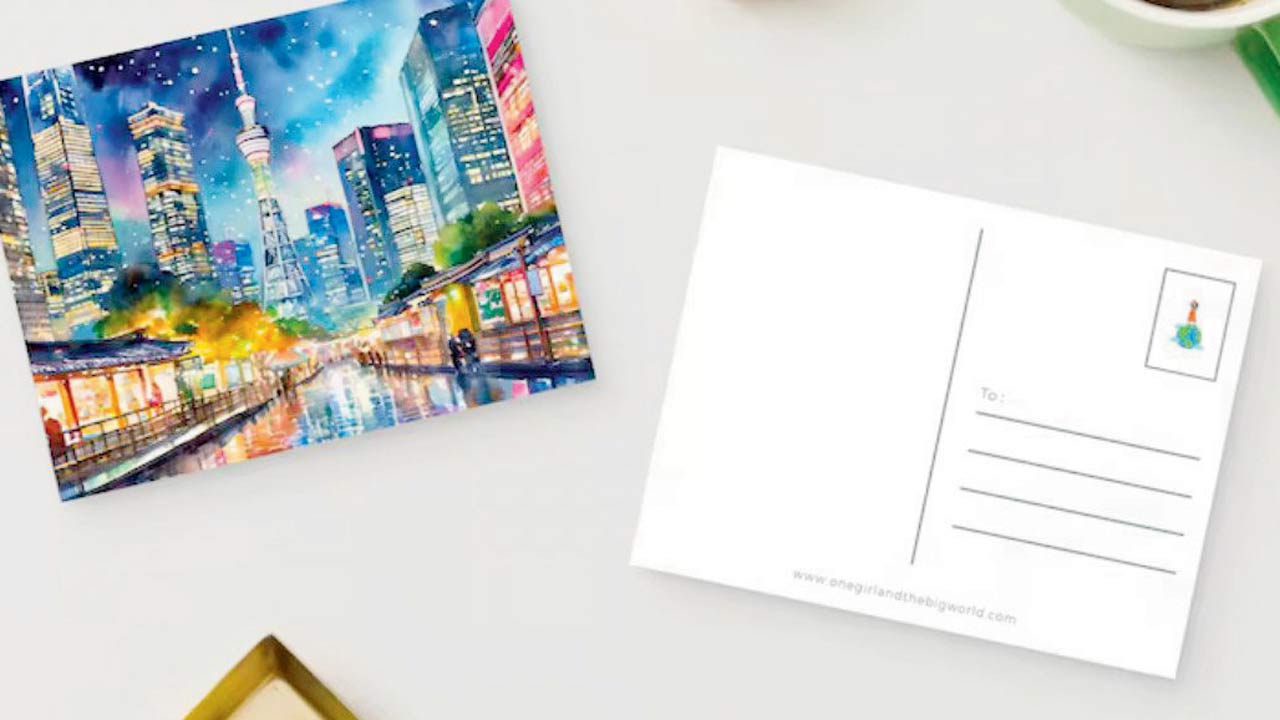
. Postcards
Japanese postcards were a popular form of visual expression and communication in the early 20th century, and are now considered a significant part of Japanese culture. Etsy has some cool picks, including vintage, travel, paintings, hand-drawn options, and artworks.
Log on to www.etsy.com
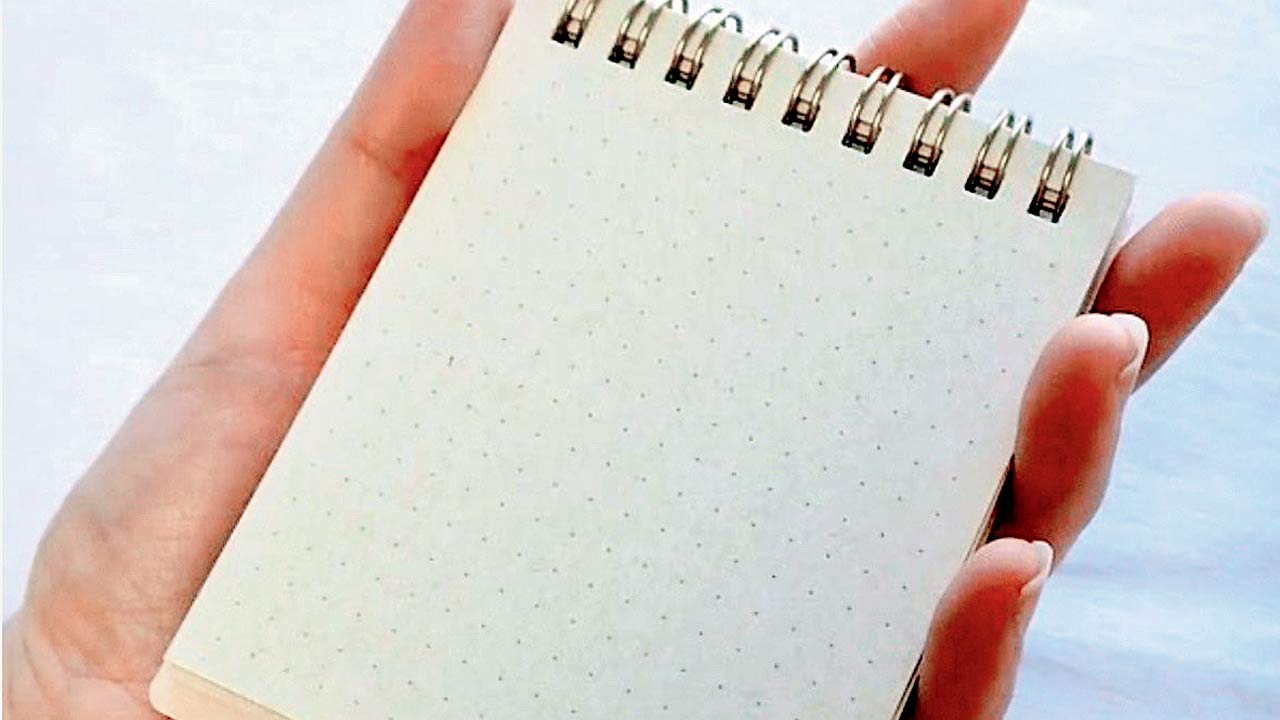
. Memopads
These are delightful and functional, brightening up your workspace and allowing you to jot down notes, reminders, or creative ideas, making them versatile tools for personal and professional use. While Scooboo.com does have the French memo pads that the book mentions, we find the collection of Japanese ones on the Bungu store to be uber cute.
Log on to www.bungu.store
 Subscribe today by clicking the link and stay updated with the latest news!" Click here!
Subscribe today by clicking the link and stay updated with the latest news!" Click here!







